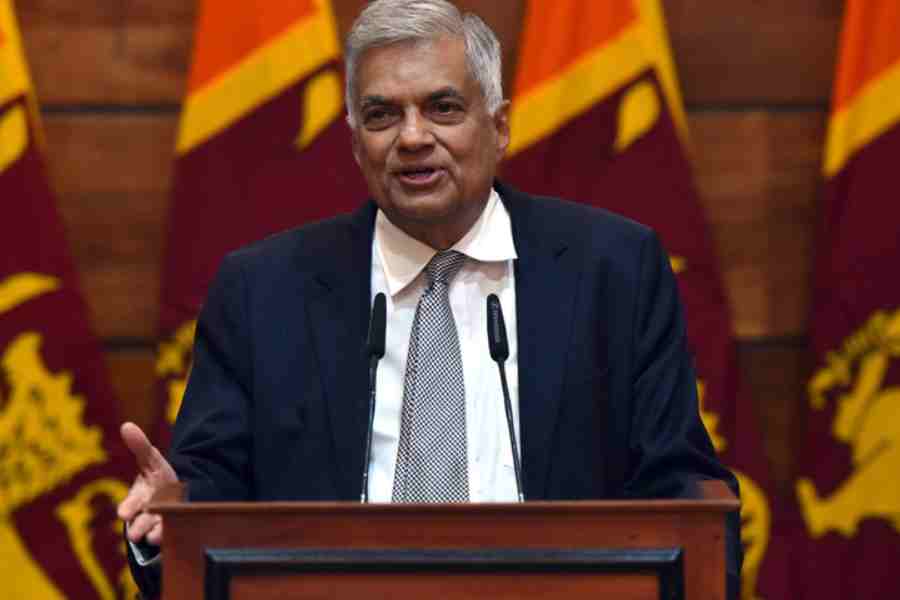The Sri Lankan president, Ranil Wickremesinghe, is making his first trip to India since he assumed office in chaotic circumstances last July following a popular revolt that saw the former president, Gotabaya Rajapaksa, and his family removed from power. The visit to New Delhi offers an opportunity for the two sides to recommit to a relationship that is vital to the interests of both and that marks a success story for Indian diplomacy over the past year. India, however, must be careful about managing its expectations from its southern neighbour at a time when it is deeply vulnerable economically and, therefore, politically. Its gravest economic crisis since gaining independence in 1948 led to skyrocketing prices and desperate fuel rationing in 2022, with the island nation’s foreign exchange kitty running nearly empty, making it difficult for the country to import essential commodities. That sparked months of street protests that culminated in the removal of Mr Rajapaksa. Over the past year, India — often too slow to respond in the past — has promptly stepped up as a lender of last resort for Sri Lanka, committing nearly $4 billion in credit lines and other assistance. That has done more to strengthen ties than the verbal bromides on caring for the neighbourhood that have otherwise marked Indian politics in recent years.
Today, Sri Lanka’s economy is showing the first signs of recovery, but its journey to full health will be long and painful. It has secured some support from the International Monetary Fund, and many of its major lenders, including China, have thrown in their support for a debt restructuring programme for Sri Lanka. While this — if implemented carefully by Sri Lanka — could help the country pull back from the precipice of complete economic disaster, it will come with consequences. The IMF demands in exchange for debt restructuring will likely lead to cutbacks on social spending, hurting the most vulnerable sections of society in the short run. Sri Lanka will also need to balance ties with all major lenders carefully; so New Delhi must not realistically expect Colombo to take steps that could antagonise Beijing. Finally, as Prime Minister Narendra Modi meets Mr Wickremesinghe today, India must remember that Sri Lanka’s current crisis is in part the outcome of economic mismanagement and excessive reliance on loans from others. New Delhi, while helping Colombo, must make sure it does not contribute to a repeat of that vicious cycle.











